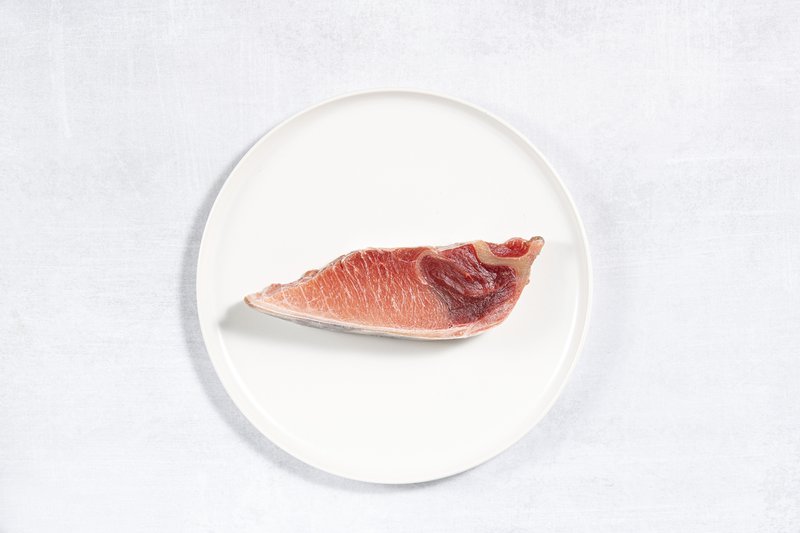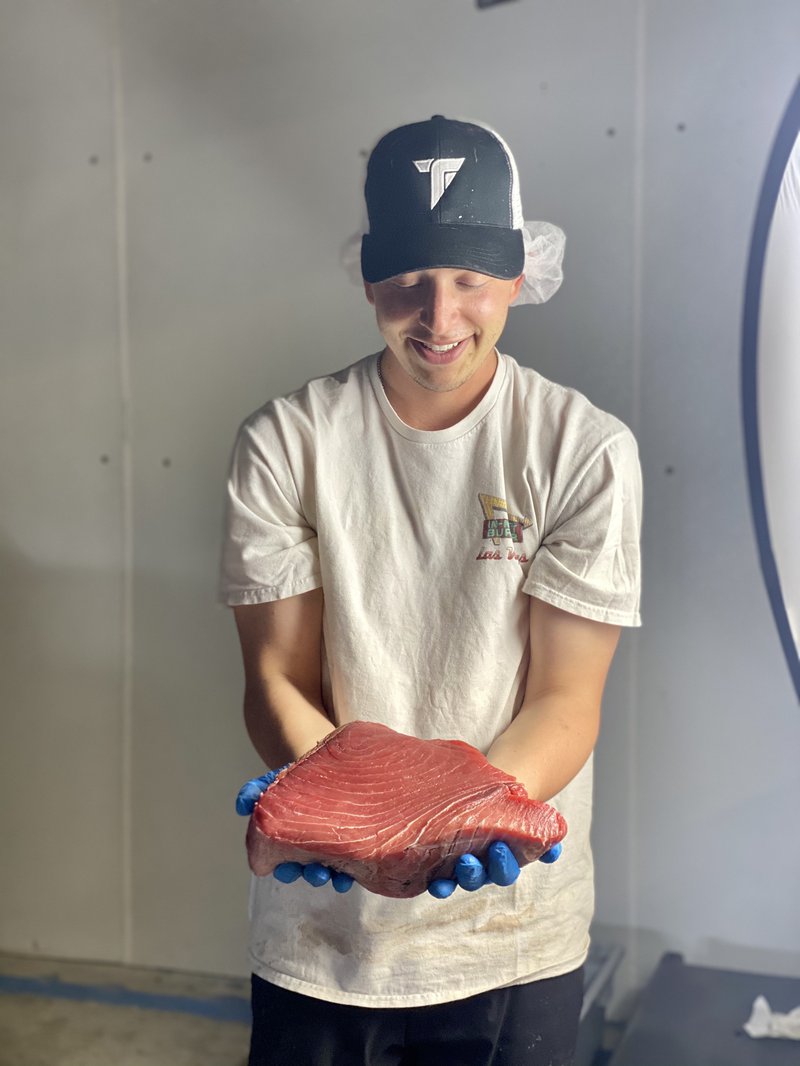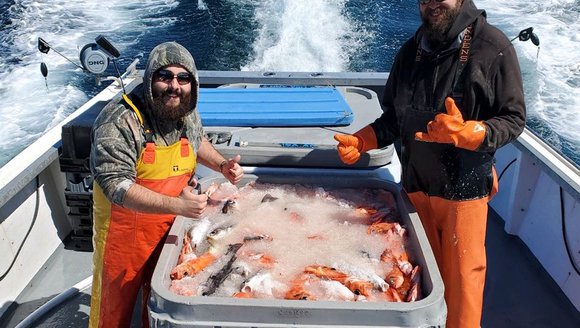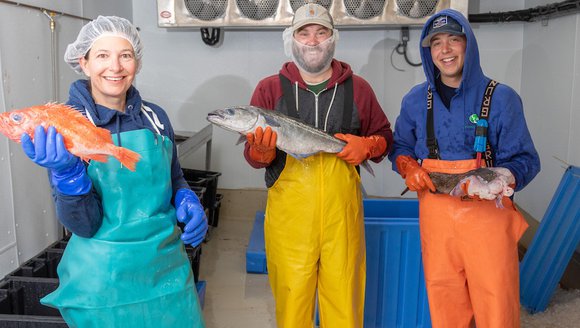True Fin: Serving Fish & Fishermen
Perspectives | Jul 20, 2021
In 2019, we launched True Fin (under the name Gulf of Maine Sashimi, Inc). as the first mission-driven business venture of our Gulf of Maine Ventures initiative. The company buys directly from fishermen to provide top-quality, fully traceable seafood that is good for seafood consumers, the ocean, and coastal communities.
We spoke with True Fin CEO Jen Levin, GMRI Chief Ventures Officer Blaine Grimes, and fisherman Joe Letourneau to learn more about how True Fin has supported one of the hardest-hit industries during the pandemic, and how they plan to grow the market for New England’s quality seafood moving forward.
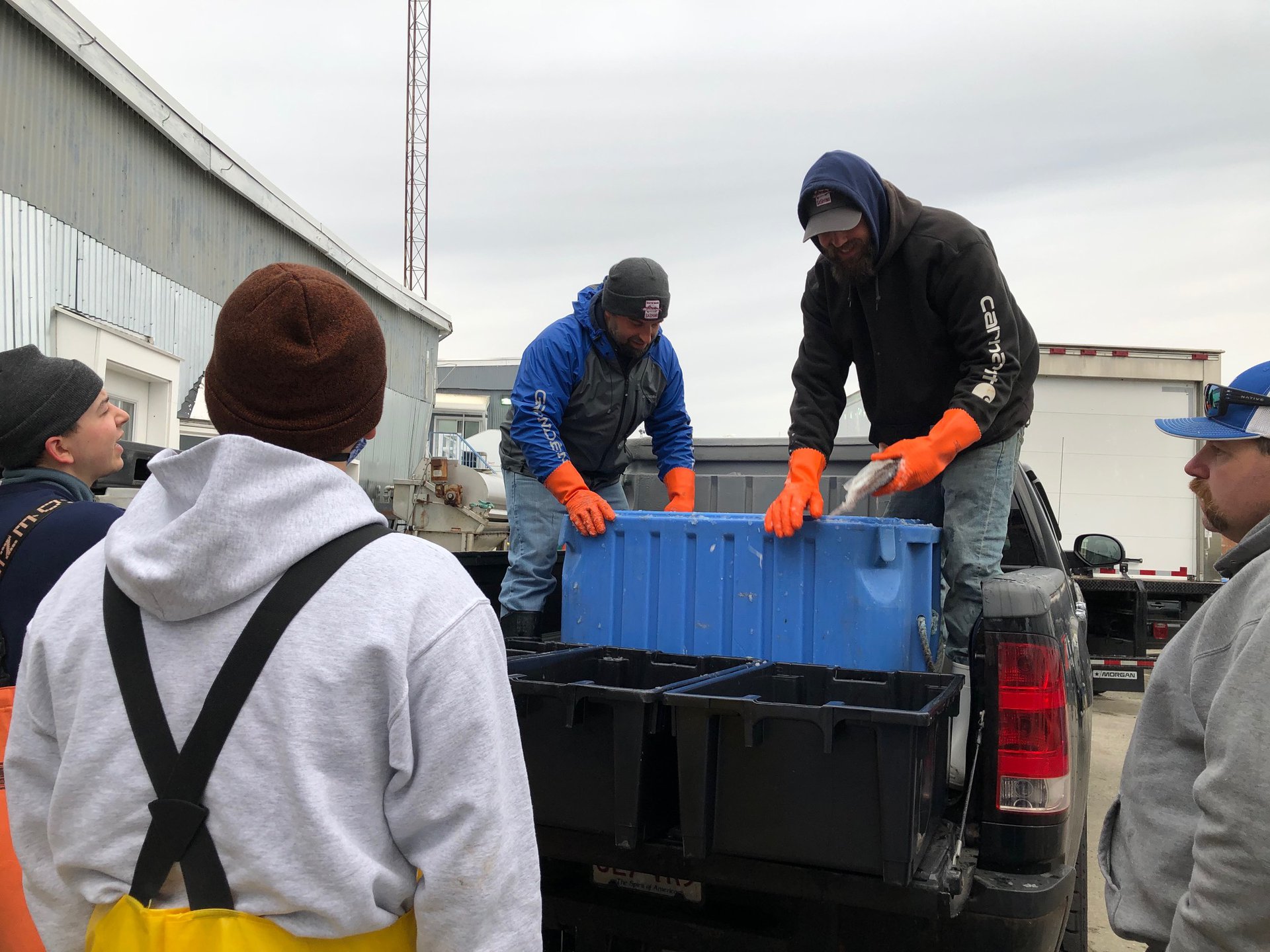

In 2019, we launched Gulf of Maine Sashimi — a mission-driven, wholly-owned subsidiary of the Gulf of Maine Research Institute — to help secure locally sourced, premium quality seafood for New England. Now rebranded and renamed True Fin, the business creates a market solution to the persistent problems of low prices and diminished landings for locally harvested Gulf of Maine fish. By training harvesters in specialized handling practices, True Fin has created a premium market for the highest quality sustainable fish and rewards its fishing partners with the best prices for the fish they catch.
Before the pandemic, more than 70% of seafood in the United States was consumed outside of the home — mostly in restaurants and the food service industry. That statistic was fundamental to True Fin’s business plan, which focused on creating the most demand possible for locally harvested fish and selling whole fish to high-end restaurants throughout New England when it first launched.
“We recognized an opportunity to create more value from the seafood fishermen in our region harvest by launching True Fin. The business ultimately adds value to our local fisheries by showcasing that we can produce the best quality seafood in New England, and that there's a market for it nationally.”
Blaine Grimes Chief Ventures Officer, GMRI
A Working Partnership
Joe Letourneau, a fisherman based in Newburyport, Massachusetts, began working with True Fin CEO Jen Levin a few years ago when True Fin was just a concept. Since then, they’ve worked closely to make the business what it is today, and last year, Letourneau sold all of his groundfish catches exclusively to True Fin — at prices that reflect the true value of the high quality fish he provides.
“I've always thought that our fish were never getting paid their true worth. The buyers just weren't there, but with Jen getting it directly to the highest-end restaurants around the country, it's just good business."
Joe Letourneau Fisherman![A man smiles as he holds up two giant cod fish for the camera.]() Joe Letourneau Fisherman
Joe Letourneau Fisherman

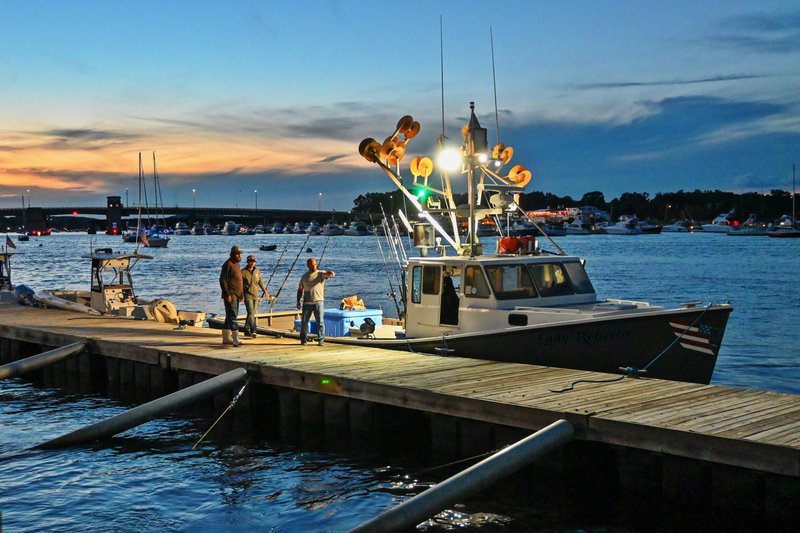

Letourneau has adapted all his handling practices to deliver sashimi-grade quality fish, and that is one major reason why True Fin works. Although not all boats are as willing to experiment with the handling practices required to maintain the high-quality fish from boat to plate, Letourneau embraced these practices. He uses the ikejime technique, a harvesting method that originated in Japan, to produce sashimi-grade fish that are then stored on his boat in careful conditions.
“I check the salinity of the slush I keep my fish in as the trip goes on, and add salts to keep salinity levels as close to those found in seawater as possible," Letourneau said.
How does a new business navigate the pandemic?
True Fin was just hitting its stride when the coronavirus pandemic swept the country, sparking an economic crisis for stakeholders at every link in the seafood supply chain. Without restaurant buyers and customers, sales channels evaporated, and distributors and fishermen like Letourneau found themselves looking for answers. To continue supporting fishermen like Letourneau, True Fin had to reinvent itself — a daunting challenge for any business, let alone a business in its first year of operations.
“When the restaurant market shut down in mid-March of 2020, we lost 100% of our buyers overnight. We needed to adapt our initial business plan, quickly.”
Jen Levin CEO![A portrait of a woman smiling with a necklace and a blue shirt.]() Jen Levin CEO True Fin
Jen Levin CEO True Fin
Rather than folding the business, GMRI opted to keep it open and help the True Fin team pivot to a new business model — and in this new model, the True Fin team’s commitment to its fishing partners took precedence over any near-term financial goals.
“Fishermen’s bills didn't go away, just like nobody else's went away,” Levin said, “so our main focus was to continue showing up for the fishermen by paying them the same premium prices for premium quality product that we had been before the pandemic hit.”
The dearth of high-end restaurant customers meant Levin and her team had to identify new markets to sell the fish they were purchasing from fishermen, despite the pandemic’s economic fall-out. With institutional support and Grimes’ expertise, Levin and her team flipped to a direct-to-consumer business model. Instead of distributing local seafood to the highest end restaurants, True Fin shifted to filling orders from individual consumers. When an order was placed, Levin and her team would work directly with fishermen to get the high-quality seafood orders ready for consumer pick-ups from a refrigerated van at locations ranging from Kennebunkport to Brunswick, Maine. Despite this major shift in Levin's business plan, True Fin never dipped below its historical revenue levels.
"Within a few weeks, Jen was taking all my catch again — and still at a guaranteed minimum price that insulated me from price fluctuations.”
Joe Letourneau Fisherman![A man smiles as he holds up two giant cod fish for the camera.]() Joe Letourneau Fisherman
Joe Letourneau Fisherman
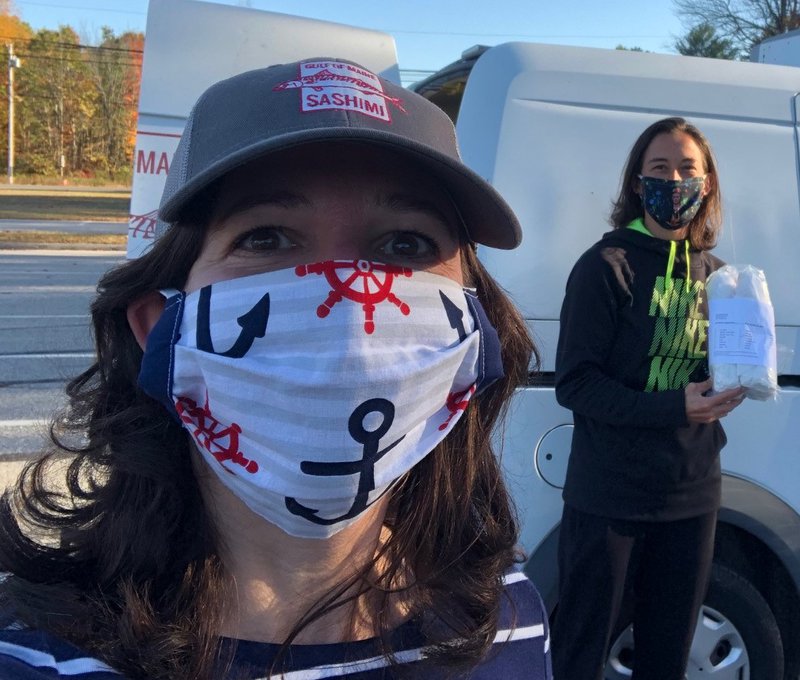
The safety nets and business-building expertise Grimes and her team provided True Fin were critical supports for Levin's business as she successfully responded to the dynamic needs of a rapidly shifting business model and continued to support fishermen integral to her mission like Letourneau.
On top of the resources and advice available to Levin through her partnership with Grimes, the networking and work GMRI has done to form a customer base of home cooks made Levin’s job easier when she needed to adapt her business plan.
“GMRI did so much to help small upstart, ocean-related businesses like ours survive through their Gulf of Maine Ventures initiative. There are just so many things we wouldn’t have been able to do without the support of the folks at GMRI, and Blaine, in particular.”
Jen Levin CEO True Fin
A small staff making big differences
Levin and the small True Fin staff also deserve special credit for managing the monumental switch from selling to high-end restaurants to individual consumers — a transformation beset by challenges.
For starters, the team had to get the message out directly to consumers through an email campaign and word of mouth, and their efforts generated an unexpectedly high level of demand.
“The response was incredible. It was like lightning in a bottle with people coming out of the woodwork in support,” Levin said. The high demand proved that, despite the pandemic, there was still a market for premium quality, Gulf of Maine fish. Meeting that demand also required that Levin and her team had to develop a website for handling an influx of orders from individual consumers. The added capacity that came from being able to monitor orders and invoices through an online platform, instead of Levin and her team having to painstakingly manage everything themselves, was a monumental step forward for the business.
Another obstacle that Levin and her team had to address was the fact that most home cooks don’t want to pick up a whole fish. In response, Levin found a solution that also benefitted furloughed restaurant workers by hiring skilled filleters from temporarily closed restaurants to help fillet fish for regular consumers.
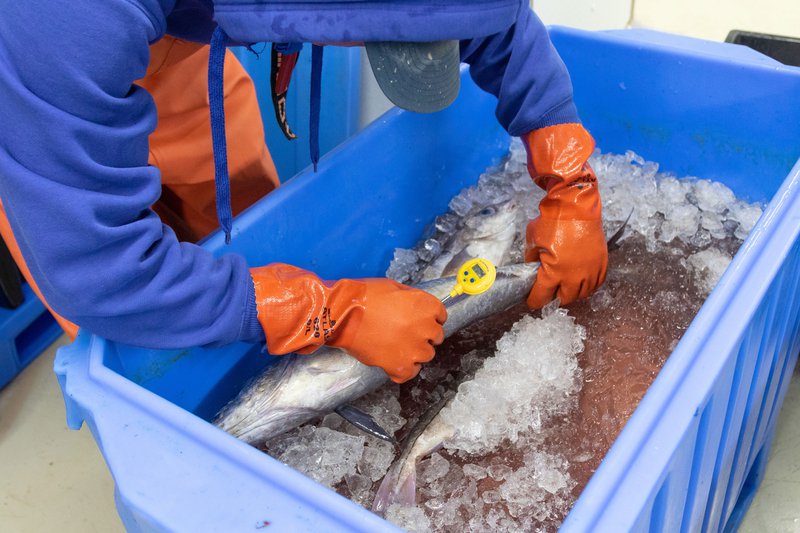
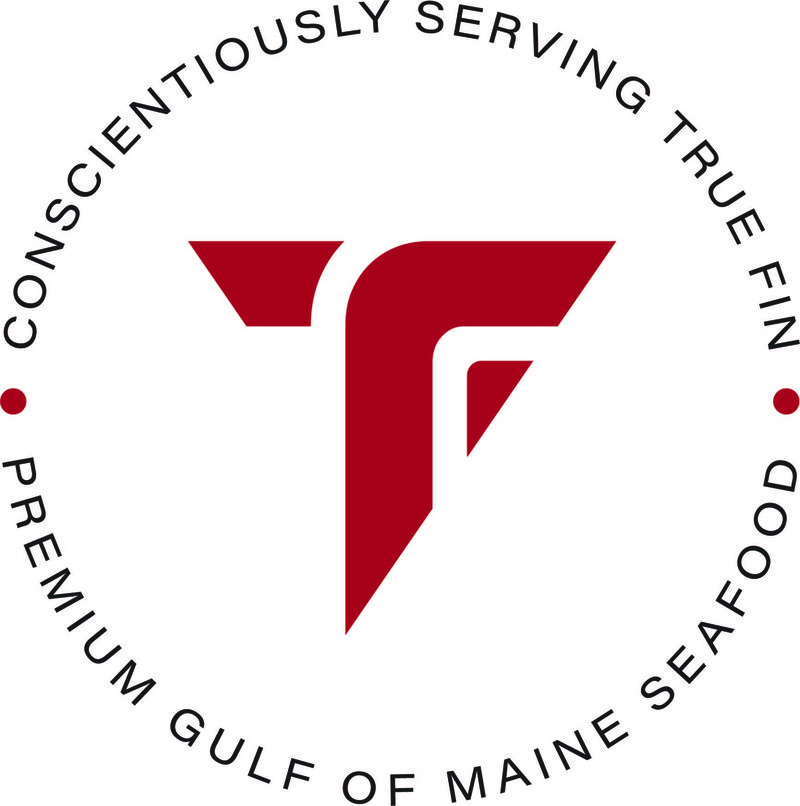
“It has been extraordinary, working with our fishing partners to continue to bring in product, fillet the fish, and set up the website capacity to sell directly to individual consumers from Kennebunkport to Brunswick. This kind of mission impact wouldn’t have been possible through a non-profit structure alone.”
Jen Levin CEO True Fin
In addition to the successful adaptation of the True Fin business plan, Levin mentioned that seeing home cooks trying different varieties of Gulf of Maine seafood has been a major highlight — especially since this culinary expansion is helping the team build a larger market for sustainable seafood, harvested locally, and processed in the Gulf of Maine.
Even as they encounter new challenges, both pandemic-related and otherwise, the True Fin team is focused on the future.
“We're working really hard to lay the groundwork for the future of our business,” Levin said. “We’re doubling down on a number of fronts to make sure that we're setting ourselves up for continued success.”
Through all the uncertainty, however, one thing is certain. Levin's business wouldn't work without fishermen like Letourneau, and vice versa.
"I would not be devoting as much time to ground fishing if not for where her and I are going right now. It all comes down to the fact that we both believe in the methods, the means, and the product. We're enthusiastic and we both work well together."
Joe Letourneau Fisherman![A man smiles as he holds up two giant cod fish for the camera.]() Joe Letourneau Fisherman
Joe Letourneau Fisherman
